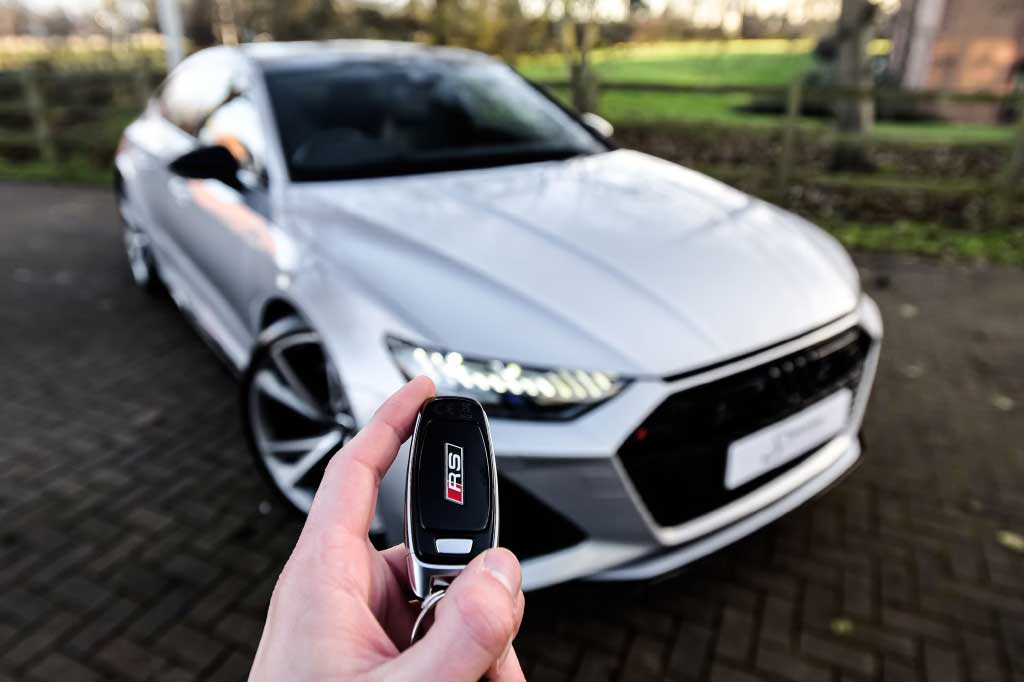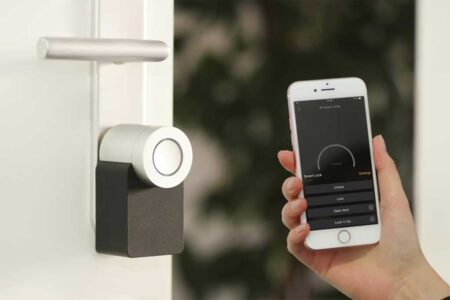Buying a used car can be a great move, especially when you’re trying to get more value for your money without diving into the deep end of brand-new prices. But there’s also a bit more legwork involved, since you want to avoid unexpected problems and make sure the vehicle actually fits your needs for the long run.
The good news is that with the right mindset and a little research, buying a used car doesn’t have to be stressful or risky. From double-checking paperwork to asking the right questions, it’s about slowing things down just enough to make a smart, confident choice.

Know your budget before you start browsing
Before even looking at listings or walking onto a forecourt, it’s a good idea to sit down and figure out what you’re really comfortable spending. That number shouldn’t just cover the cost of the car, but also insurance, servicing, and any little upgrades you might want right away.
Having a clear budget in mind helps avoid temptation and keeps your focus on vehicles that make sense financially. It also gives you a better position for negotiating if the right car shows up just a little above your limit.
Stick with trusted sources
Where you buy the car from can make a huge difference in the overall experience. Private sellers might offer lower prices, but buying through a dealership or a certified program often brings more peace of mind, especially if you’re looking for something reliable and verified.
Choosing an Audi approved used car means you’re getting a vehicle that’s been inspected, history-checked, and backed by a warranty, which takes a lot of guesswork out of the process. It’s ideal for buyers who want that extra layer of security without jumping into a brand-new vehicle.
Look out for signs of wear or poor care
Some problems are easy to spot once you know where to look. Worn tyres, mismatched paint, odd smells, or cracked dashboards might be clues that the car wasn’t kept in great condition, and they could suggest deeper issues that haven’t been fixed.
Ignoring signs of damage, even cosmetic ones, could ruin your car down the line if they point to rust, leaks, or past accidents. It’s worth bringing someone along who knows what to look for if you’re not quite sure yourself.
Always take a proper test drive
A test drive isn’t just a formality–it’s the only way to really know if the car feels right. Pay attention to how it accelerates, brakes, and handles turns, and don’t be shy about testing it on both quiet roads and busier ones to get a feel for different conditions.
Listen for any strange noises, check that all controls work as expected, and trust your gut. If something feels off or uncomfortable, there’s no harm in walking away and looking for something better suited.
Buying a used car doesn’t have to be complicated when you stay focused on what matters. By sticking to your budget, asking questions, and trusting your instincts, you’ll be in a stronger position to find a car that works for your life–and leaves you driving away happy.





